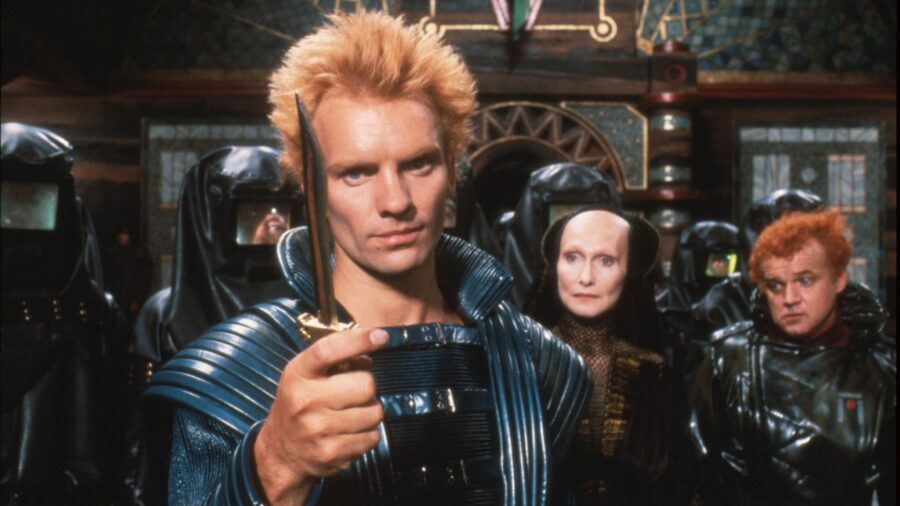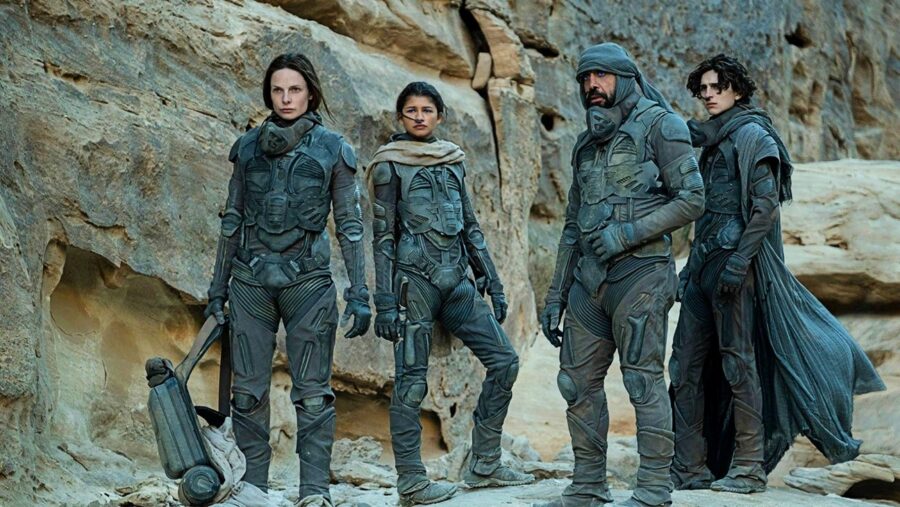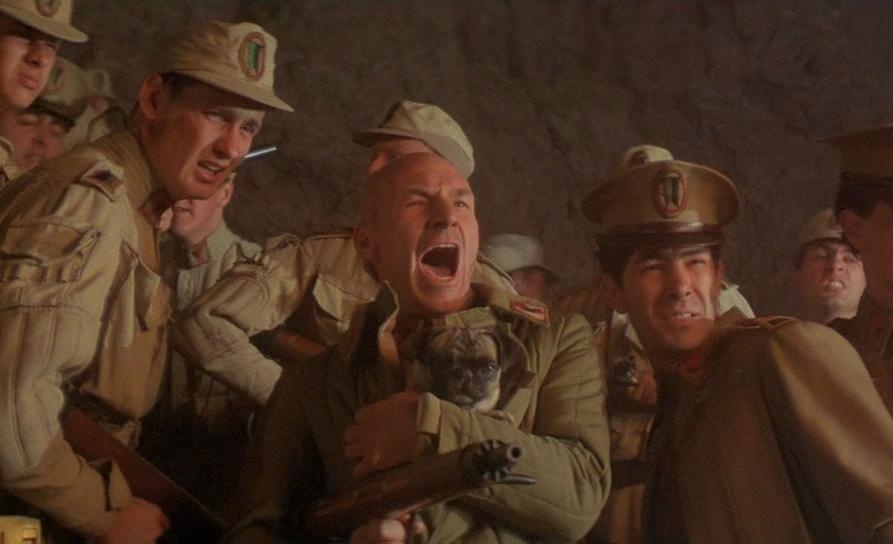The Original Dune Is On Netflix, See How It Compares To The Remake
David Lynch's Dune from 1984 is available to stream on Netflix.

Dune is a longstanding sci-fi classic with an enduring legacy, so it comes as no surprise that Denis Villeneuve wasn’t the first director to attempt an adaptation of the film. Most attempts, like the one by avant-garde filmmaker Alejandro Jodorowsky, never saw the light of day. However, Eraserhead director David Lynch actually managed to complete an adaptation in 1984, a bold (but flawed) effort that is now available on Netflix.
When author Frank Herbert’s epic sci-fi novel Dune was released in 1965, it was a revolutionary step forward for the science fiction genre. However, although the story earned critical acclaim when it was published in eight parts in Analog magazine, its deep and complex lore so thoroughly defied standard conventions that no publishing company was willing to sell it as a novel. The full story was never compiled until a company specializing in (I kid you not) car repair manuals, Chilton Book Company, was willing to take a chance on the property.
Dune eventually became the best-selling sci-fi novel of all time, (though not quickly enough to prevent Chilton from firing editor Sterling Lanier over the decision to publish it), so it only made sense that it would get a movie adaptation. Except… its sprawling plot centered around intergalactic politics that relies on the internal monologues of dozens of characters led to the long-held belief that the novel was unfilmable. When surrealistic director David Lynch released an adaptation in 1984, that opinion didn’t change.
David Lynch’s production of Dune started when Italian film producer Dino de Laurentiis was about to lose the rights to the story, which he had acquired in 1976. De Laurentiis approached Lynch after seeing his film The Elephant Man. Lynch had also been approached to direct Return of the Jedi, but after reading the novel, he decided to create Dune instead.

Lynch originally wanted to adapt Dune into two films — a choice that echoes Denis Villeneuve‘s decision for the 2021 adaptation. However, the story was eventually condensed into a single film — one that took six different drafts to create.
The adaptation of the sprawling sci-fi epic proved to be absurdly expensive, costing upwards of $40 million ($122 million when adjusted for inflation). Even then, they had to film in Mexico to make the most of their inflated budget — a decision that led to delays due to power outages and communication limitations.
Once filming was completed, the film’s first cut was four hours long, though David Lynch intended to cut that runtime down to three hours. That wasn’t enough of a cut for producers, who wanted a two-hour film. This forced Lynch to do re-shoots and add voice-over elements to let this truncated version of Dune still make sense.

Critics considered David Lynch’s adaptation of Dune to be a muddled, hard-to-follow mess, and audiences didn’t show up to see the movie in theaters, making it a box office disappointment. The limitations of 1984’s special effects didn’t help matters, especially with regard to the horrible-looking shield effects and the less-than-convincing green screen. Add to that the attempt to fit the entire sprawling plot into a single 2-hour-16-minute movie.
However, the 1984 adaptation did have its high points. The performances by Patrick Stewart, Sting, and Kyle MacLachlan were worthy of praise, even though the movie as a whole came across as rather dry. Also, there were moments where David Lynch’s penchant for the surreal managed to shine, such as the iconic scene with the mysterious Pain Box — a scene that worked so well, Villeneuve changed surprisingly little about how the scene was portrayed in the 2021 adaptation.
Eventually, Lynch’s version of Dune gained a cult following, but he never again directed a movie with as high of a budget as Dune. Since 1984, Lynch’s two highest-budget movies were Mulholland Drive and Inland Empire, both of which cost only $15 million to make.
While David Lynch’s attempt at adapting Dune might not have succeeded (though Sci-Fi lovers may find it worth watching on Netflix if they have an account), Denis Villeneuve’s 2021 film proved that a successful adaptation is possible. At least, he proved that an adaptation of the first half of the story is possible. We’ll have to wait and see whether Dune: Part Two will repeat Villeneuve’s initial success when it releases in November 2023.












